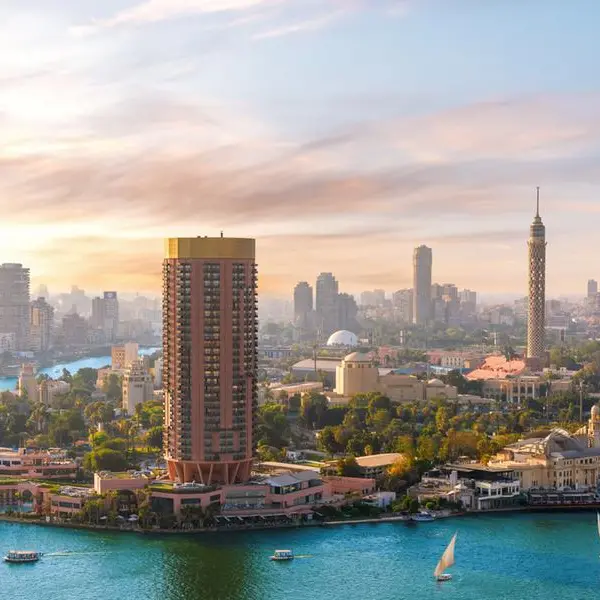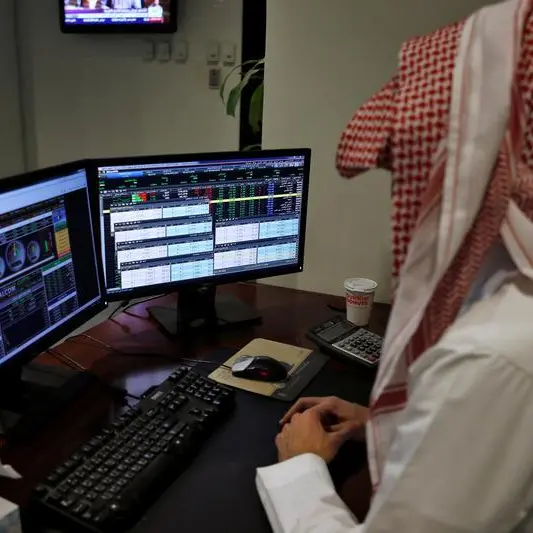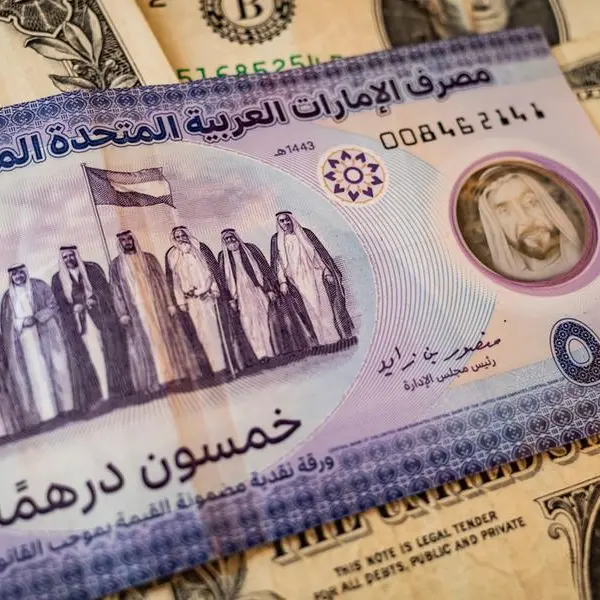PHOTO
Growth in remittances from the Gulf could shift to Africa and Central Asia, the International Monetary Fund (IMF) said on Thursday. The reason is attributed to an elaborate process of recruitment of the local population in the workforce in the region. Such diversification will have a direct impact on the remittances.
“Growth in remittances from this region could shift as governments in the Gulf are starting to recruit fewer foreign workers as part of a push to employ more locals and are diversifying recruitment of foreign workers, targeting those from Africa and Central Asia,” the IMF said in a ‘Resilient Remittances’ note published in the September edition of its F&D Magazine.
The Gulf Cooperation Council (GCC) countries are the second largest global source of remittances in USD, but they are the largest when remittances are measured as a share of GDP. Saudi Arabia and the UAE alone are some of the biggest sources of remittances to South Asia, North Africa and Southeast Asia.
Last year, global remittances reached a record $647 billion, with India receiving more than $100 billion. Other beneficiaries of big remittances are Mexico, China and the Philippines.
The IMF said that remittances will continue to grow as more than a billion people, most of them in Africa and South Asia, are expected to join the working-age population by 2050.
“By contrast, populations are ageing in many advanced economies. This demographic imbalance will increase the supply of migrant workers and the demand for them. Climate change and extreme weather will add to migration pressures. As the number of migrants increases and cross-border payments become cheaper and simpler, remittances will continue to provide stable income to millions of people and play a vital part in the global economy,” it said.
The IMF added that governments have, from time to time, tried to tax remittances. “But taxes of this sort would be hard to enforce. People might simply shun formal remittance channels. Governments would do better to improve the business environment in their countries so that people choose to invest the money they receive from relatives overseas,” it said.
Copyright © 2022 Khaleej Times. All Rights Reserved. Provided by SyndiGate Media Inc. (Syndigate.info).





















